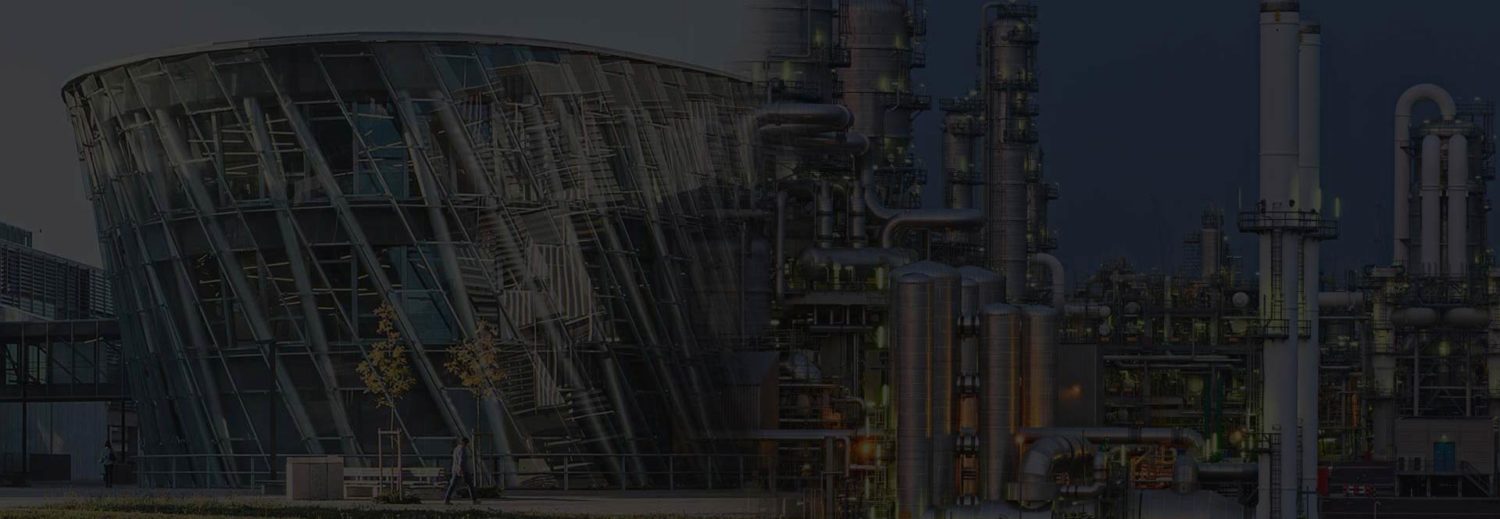Manufacturing recipes are used in various fields such as pharmaceuticals, chemicals, food and other industries. They provide essential information about ingredients, processes and machine parameters to ensure product quality and safety. However, many facilities continue to use traditional recipe management methods, exposing them to risks such as errors, non-compliance and unnecessary expenses. Yet, with the right technological support, recipe management …
How does proactive management of employee competencies contribute to improved production performance?
Despite the high level of automation and robotics in modern industry, the influence of employees remains a key factor for production success. Although difficult to measure precisely, knowledge, skills, good management and a positive working environment can increase productivity by 10 to 30%. It is therefore important for manufacturing companies to monitor and manage these aspects, particularly by developing competencies, …
How can we increase production efficiency and quality with digital work instructions?
According to various studies, the human factor causes 35-45% of downtime and 70-80% of accidents in production. Therefore, it is one of the main causes of quality deviations and increased production costs. An effective solution to reduce the impact of the human factor on production processes is the use of digital work instructions. What is the human factor? The human …
Key benefits and challenges of IT/OT integration for pharmaceutical manufacturing
According to a McKinsey study, around 80% of machines and devices in manufacturing represent isolated automation islands that do not communicate with each other or share locally stored data. This lack of connectivity reduces real-time visibility into production processes and hinders rapid response in the event of discrepancies. At the same time, it complicates the conversion of process data into …
Implications of dynamic electricity tariffs on manufacturing companies
The growth of renewable energy, electrification of transport and phase-out of fossil fuels are impacting the entire power grid. Thus, systemic measures, such as load management (also known as demand-side management – DSM), are being introduced to balance electricity supply. These measures will also significantly affect the operations of industrial companies while offering incentives to optimize electricity consumption and reduce production costs. …
How can we effectively reduce the frequency and costs of unexpected production outages?
In the highly competitive modern economy, industrial plants are under constant pressure to avoid unexpected production stoppages that affect their productivity, profitability and customer relationships. Research shows that these interruptions result in annual productivity decreases of 5% to 20% and revenue losses of 3% to 8% for manufacturing companies. Preventing unexpected production failures is therefore an area that requires dedicated …
How to ensure a reliable source of energy and environmental data forsustainability and reporting?
Sustainability has been an important topic for several years, although it has been somewhatovershadowed in recent years by the coronavirus, the energy crisis and the war in Ukraine.Nevertheless, it has now regained prominence with the introduction of the new European CorporateSustainability Reporting Directive (CSRD), which came into effect at the end of last year. The European Green Deal Sustainability reporting …
Seven measures for effective improvement of production quality
In today’s demanding industrial environment, production quality is one of the key factors for competitiveness and business success. Quality problems may lead to delays in deliveries, product complaints and rejections, and loss of customer confidence. Therefore, even minor deviations should not be overlooked, but should be corrected before they become major and significantly more expensive. There are two aspects of …



